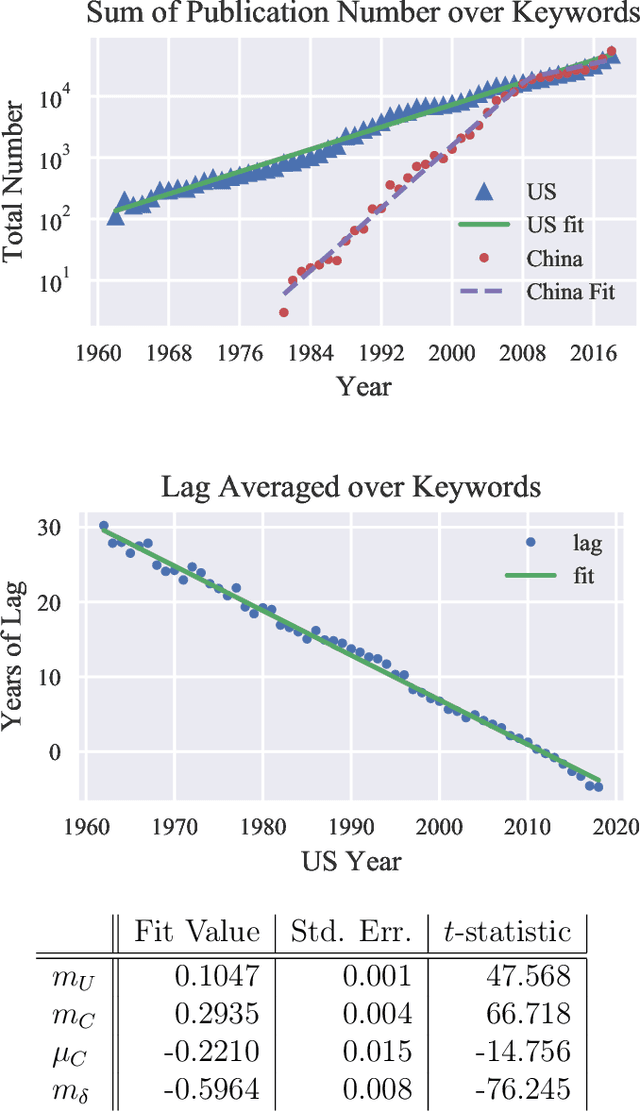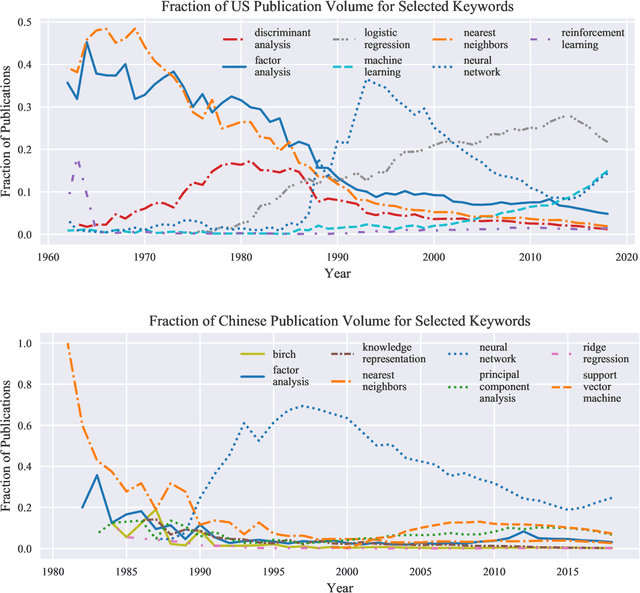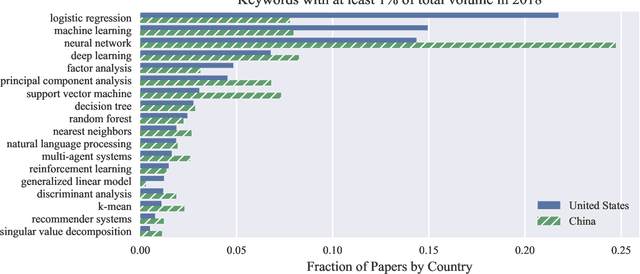Andrew Lohn
Adversarial Machine Learning and Cybersecurity: Risks, Challenges, and Legal Implications
May 23, 2023Abstract:In July 2022, the Center for Security and Emerging Technology (CSET) at Georgetown University and the Program on Geopolitics, Technology, and Governance at the Stanford Cyber Policy Center convened a workshop of experts to examine the relationship between vulnerabilities in artificial intelligence systems and more traditional types of software vulnerabilities. Topics discussed included the extent to which AI vulnerabilities can be handled under standard cybersecurity processes, the barriers currently preventing the accurate sharing of information about AI vulnerabilities, legal issues associated with adversarial attacks on AI systems, and potential areas where government support could improve AI vulnerability management and mitigation. This report is meant to accomplish two things. First, it provides a high-level discussion of AI vulnerabilities, including the ways in which they are disanalogous to other types of vulnerabilities, and the current state of affairs regarding information sharing and legal oversight of AI vulnerabilities. Second, it attempts to articulate broad recommendations as endorsed by the majority of participants at the workshop.
A Quantitative History of A.I. Research in the United States and China
Mar 05, 2020



Abstract:Motivated by recent interest in the status and consequences of competition between the U.S. and China in A.I. research, we analyze 60 years of abstract data scraped from Scopus to explore and quantify trends in publications on A.I. topics from institutions affiliated with each country. We find the total volume of publications produced in both countries grows with a remarkable regularity over tens of years. While China initially experienced faster growth in publication volume than the U.S., growth slowed in China when it reached parity with the U.S. and the growth rates of both countries are now similar. We also see both countries undergo a seismic shift in topic choice around 1990, and connect this to an explosion of interest in neural network methods. Finally, we see evidence that between 2000 and 2010, China's topic choice tended to lag that of the U.S. but that in recent decades the topic portfolios have come into closer alignment.
 Add to Chrome
Add to Chrome Add to Firefox
Add to Firefox Add to Edge
Add to Edge